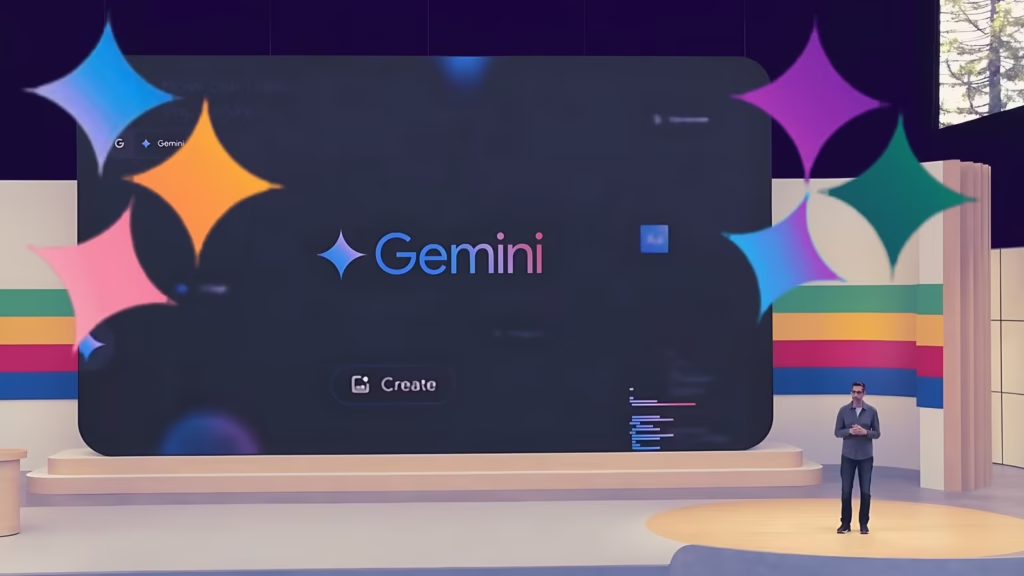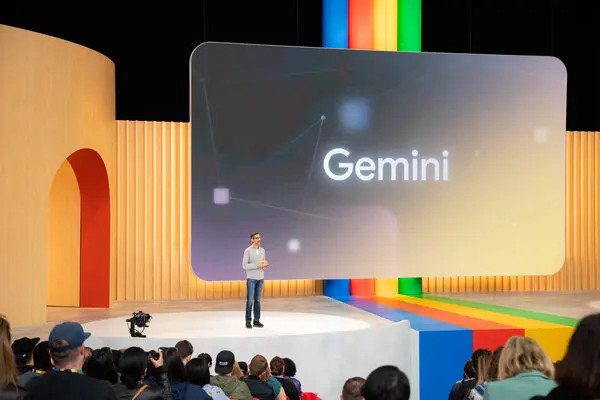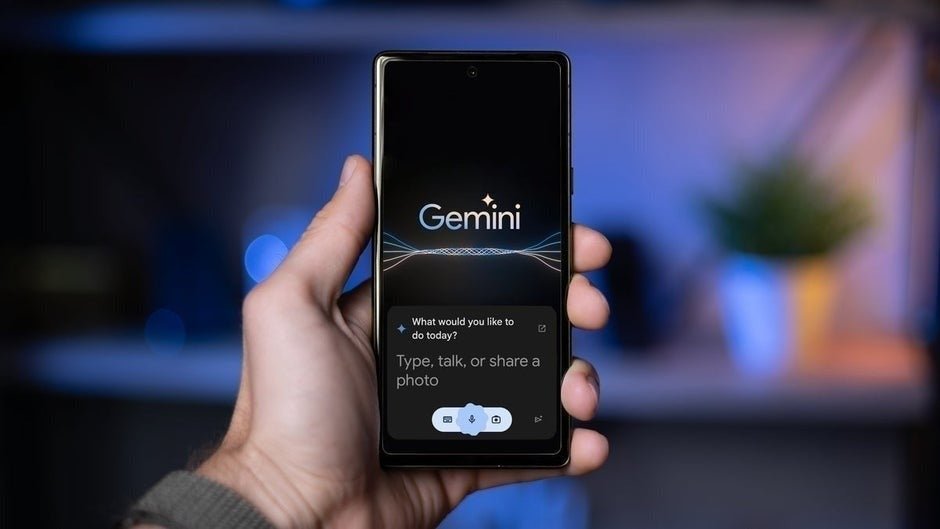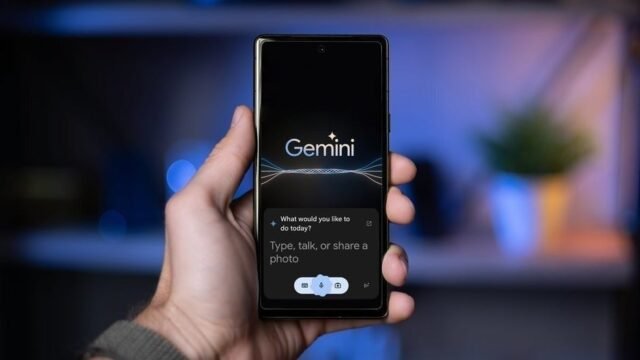In a significant move signalling the next chapter of AI-driven user experience, Google is preparing to phase out its legacy virtual assistant – Google Assistant – in favour of placing Gemini at the helm of its digital intelligence efforts. According to a recent report, users of Android devices will soon no longer have the option to toggle back to the old Assistant, marking a decisive shift in Google’s strategy.
For years, many of us relied on Google Assistant to set alarms, answer questions and manage our day. Now, the company is signalling that Gemini will become the only available assistant experience. That change reflects not only a rebranding but a deeper alignment with conversational AI, multimedia capabilities, and the evolving expectations of users.
With this move, Google is effectively drawing a line under one chapter of its voice-assistant story and beginning another – one that will be powered by what it considers its most advanced offering yet.

Table of Contents
What the Transition Looks Like: Features, Changes, and User Impact
The transition from Assistant to Gemini isn’t just a name change; it comes with several practical updates for users and for the broader ecosystem. Reports indicate that Google has already begun removing the “Digital Assistants from Google” toggle found in settings, which previously let users opt back into the older Assistant experience.
Among the new enhancements being rolled out:
- A refined visual interface for Gemini that includes a scrollable feed of prompts—reminiscent of social-media style layouts.
- A long-message preview capability: when you send a large block of text to Gemini, the full content will display and then offer collapse/expand functionality.
- Shortcut tools built into Gemini for tasks such as “Create Image” or “Deep Research.” These used to be separate or behind different tools; now they’ll be integrated more directly.
For the Nigerian user, this means that when your Android phone receives the upgrade (or you have Gemini installed), you’ll need to acquaint yourself with the new interface and features. The core voice-assistant capability remains, but you might notice the experience feels richer—and different.
Why Google Is Making This Move
From the inside of the industry to everyday smartphone users in Lagos or Abuja, the question is the same: Why now? Multiple factors seem to be at play.
First, the broader shift toward generative AI has accelerated; users expect more than basic voice-command responses. They want tools that handle complex queries, multi-step planning, image generation, research summarisation—and Gemini appears positioned for that.
Second, having a single flagship AI-assistant offering simplifies the product ecosystem for Google. Maintaining two parallel assistants (Assistant plus Gemini) would mean splitting development, marketing and support efforts. By consolidating, Google can focus its resources.
Third, user behaviour is evolving: As more people in Nigeria and across Africa engage with AI-driven chatbots, image creation tools and conversational agents beyond the voice-only paradigm, Google sees an opportunity to present Gemini as the go-to AI interface.
In conversation, a Google product manager recently commented that Gemini will be “the primary AI experience” moving forward—an internal shift that confirms the public cues already visible.
If you’re wondering whether this change impacts users who prefer simpler voice commands and a minimal interface, the answer is: yes, potentially. There might be a learning curve, and some comfort features from Google Assistant may be deprecated or reworked.

What This Means for You: Nigerian Android Users and Beyond
For smartphone users in Nigeria—a rapidly growing mobile market with diverse usage patterns—the implications are worth noting.
- Upgrade Readiness: Ensure your Android device is updated to a version compatible with Gemini. Some older phones may not support all features initially.
- Learning the Interface: The new Gemini interface includes a scroll-style prompt feed and deeper integrations. If you’ve been used to the simple voice-command format, give yourself time to explore what’s new.
- Privacy and Data Considerations: As with any AI upgrade, users should review permissions, data-usage settings, and understand what’s shared with Google when using the assistant. The richer features in Gemini might rely on broader sensor/data access.
- Localised Relevance: In Nigeria, where voice command may be mixed with local dialects, accents and Pidgin English, it’s important to test how well Gemini handles localised speech. Early reports suggest improvements, but user experience will vary.
- Regional Roll-out: Bear in mind that updates often arrive region by region. Google may roll this out in phases—so you might not see the change immediately.
- Fallback Options: If you prefer the older Assistant experience, check your settings now and see whether the toggle is still present. As Google phases it out, the option may disappear globally.
From frustration with old voice mismatches to the intrigue of being among the first in your circle to get Gemini, this is a transition that may affect how you ask for directions, search the web, whip up images or plan your day. In Nigeria’s context—often bridging multiple languages, accents and connectivity levels—the success of Gemini will partly hinge on how well it adapts to local conditions.

Google’s decision to phase out its legacy Assistant in favour of Gemini marks a bold step into AI-first working for everyday users. For tech watchers, smartphone users and professionals in Nigeria and beyond, the shift is both an opportunity and an adjustment. As you navigate your next “Ok Google” moment or explore the new prompt feed in Gemini, keep in mind: this isn’t just an update—it’s a pivot to the future of how we interact with our devices.
The transition may feel subtle at first, but for Google, it’s game on.
Join Our Social Media Channels:
WhatsApp: NaijaEyes
Facebook: NaijaEyes
Twitter: NaijaEyes
Instagram: NaijaEyes
TikTok: NaijaEyes





